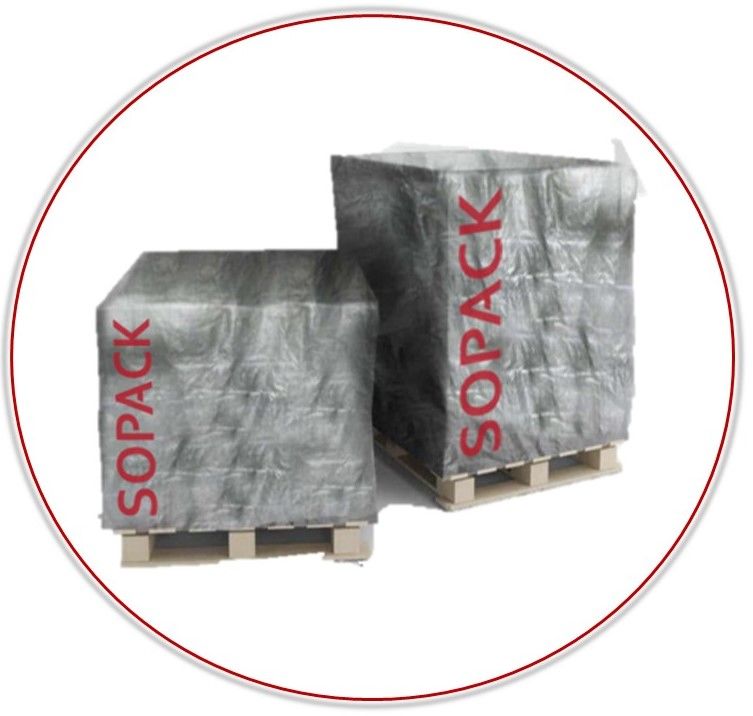Transport goods with good conditions with thermal covers

Sopack, a leading company in sustainable packaging solutions, offers an innovative thermal cover designed to meet the needs of various industries. The thermal cover, also known as an insulated cover, is specifically designed to provide effective thermal insulation and temperature control for goods during transportation and storage.
The Sopack thermal cover is made using advanced materials and construction techniques that ensure optimal thermal performance. It acts as a protective shield against extreme temperatures, both hot and cold, maintaining the desired temperature range for sensitive and perishable products. The cover is engineered to minimize heat transfer, prevent temperature fluctuations, and reduce energy consumption.
The thermal cover offered by Sopack offers several advantages. First and foremost, it helps to preserve product quality and integrity by preventing temperature fluctuations that could negatively impact the goods. This is especially crucial for industries such as pharmaceuticals, food and beverages, and chemicals, where maintaining specific temperature conditions is essential.
Furthermore, the thermal cover contributes to cost savings and environmental sustainability. By providing effective thermal insulation, it reduces the reliance on energy-intensive cooling or heating systems during transportation and storage. This results in reduced energy consumption and lower carbon emissions, aligning with the principles of eco-friendly practices and reducing the carbon footprint of businesses.
Sopack’s thermal cover is also designed with convenience in mind. It is lightweight, flexible, and easy to install, making it suitable for various packaging configurations. The cover can be customized to fit different sizes and shapes, ensuring a secure and snug fit to maximize thermal performance.
Overall, Sopack’s thermal cover offers a reliable and sustainable solution for temperature-sensitive products. With its exceptional thermal insulation properties, it helps businesses maintain product quality, reduce energy costs, and contribute to a greener and more efficient supply chain.
